The world’s first-ever personalised mRNA vaccine for melanoma is being tested on British patients. It is a custom-built jab for people created using the specific genetic makeup of their tumour read more
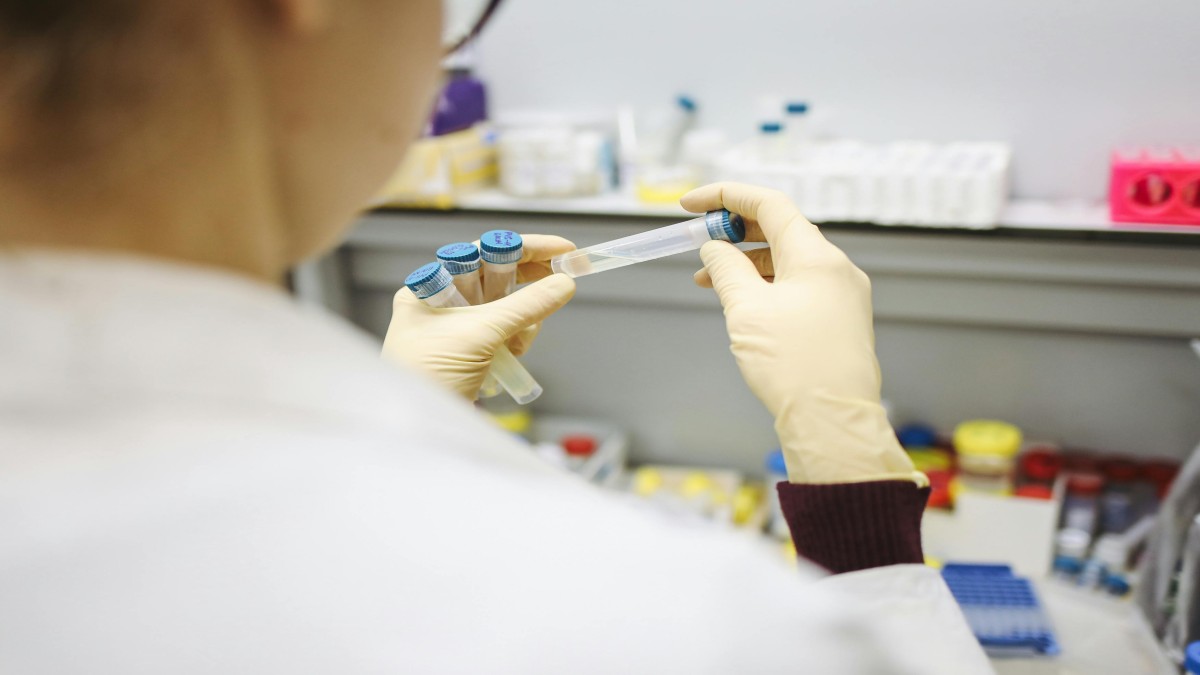)
The jab, which uses the same technology as existing COVID-19 vaccines, is set to be tested on around 1,100 patients worldwide. Pexels/Representative Image
A personalised vaccine that could prevent skin cancer is being tested on British patients.
The world’s first-ever personalised mRNA vaccine for melanoma also has the potential to stop lung, bladder, and kidney cancer, according to doctors.
Steve Young, 52, from Stevenage, Herts, who had a melanoma growth cut out of his scalp in August 2023, is one of the first patients to try the jab.
It is a custom-built jab for people created using the specific genetic makeup of their tumour.
Here’s all we know about it.
The personalised jab for mRNA
The vaccine, named mRNA-4157 (V940), is an individualised neoantigen therapy (INT) and is sometimes referred to as a cancer vaccine.
Based on the distinct mutations in each patient’s cancer, the jab triggers an anti-tumour immune response and contains code for up to 34 neoantigens, according to The Guardian.
The national co-ordinating investigator for the trial, Dr Heather Shaw, called it “one of the most exciting things we’ve seen in a really long time.”
Dailymail quoted her as saying, “I think there is a real hope that these will be the game-changers in immunotherapy. We’ve looked for a long time for something that would be additive to the immunotherapies that we already have – that we know can be life-changing for patients – but with something that’s got a really acceptable side-effect profile. And these therapies look as if they may offer that promise.”
Apart from clinical studies, the combined medication, manufactured by Moderna and Merck Sharp and Dohme (MSD), is not yet routinely available on the NHS, as per BBC.
How it works
During the patient’s surgery, a sample of the tumour is removed to create the jab.
Subsequently, researchers sequence the genetic makeup of the tumours to find neoantigens — proteins created by cancer cells that elicit an immune response, explained Dailymail report.
These are then utilised to develop a personalised mRNA vaccine that instructs the body of the patient to produce T cells to fight the particular mutational signature of the tumours.
The immune system should be able to identify any future rogue cells and prevent the cancer from recurring while the T-cells target the tumour and eliminate the cancer cells.
UCLH investigator Dr Heather Shaw said, according to The Guardian, “This is very much an individualised therapy and it’s far cleverer in some senses than a vaccine. It is absolutely custom built for the patient - you couldn’t give this to the next patient in the line because you wouldn’t expect it to work.”
“They may have some shared new antigens, but they’re likely to have their own very individual new antigens that are important to their tumour and so, therefore, it is truly personalised.”
The trial phases
People with very high-risk melanomas who had the vaccine in addition to MSD’s immunotherapy Keytruda were almost 49 per cent as likely to die or have their disease return after three years, according to data from a smaller phase two trial that was published in December.
For almost a year, patients received 200 milligrammes of Keytruda every three weeks (maximum 18 doses) and one milligramme of the mRNA vaccine every three weeks, up to a maximum of nine treatments.
The jab, which uses the same technology as existing COVID-19 vaccines, is set to be tested on around 1,100 patients worldwide. It is already in the final phase of trials of the therapy by University College London Hospitals NHS Foundation Trust (UCLH).
This will include at least 70 patients from the UK spread across eight locations, including those in Leeds, Manchester, Edinburgh, and London.
The combination of treatments is also being tested for kidney, bladder, and lung cancer.
Effectiveness
Early detection of melanoma makes therapy easier and increases the likelihood of success.
Early results of the jab found it drastically improved the survival chances of the deadliest form of skin cancer.
Steve Young, who was diagnosed with melanoma after a bump on the head he had had for around a decade, is receiving treatment in London. The 52-year-old said when he was told about the trial at UCLH, “it really piqued my interest.”
He told Dailymail, “as soon as they mentioned this mRNA technology that was being used to potentially fight cancer, I was just like, ‘it sounds fascinating’ and I still feel the same. I’m really, really excited. This is my best chance at stopping the cancer in its tracks.”
Speaking to BBC Radio 4 Today Programme, he said, “Scans showed I was radiologically clear, obviously, there is still the chance I had cancer cells floating around undetected. So rather than just sit there and wait and hope it was never going to come back, I actually had this chance to get involved in putting on some boxing gloves and squaring up to it.”
Dr Shaw, according to BBC, said there was real hope the therapy could be a “game-changer,” as it appeared to have “relatively tolerable side effects,” like tiredness and a sore arm.
With inputs from agencies

 4 months ago
15
4 months ago
15

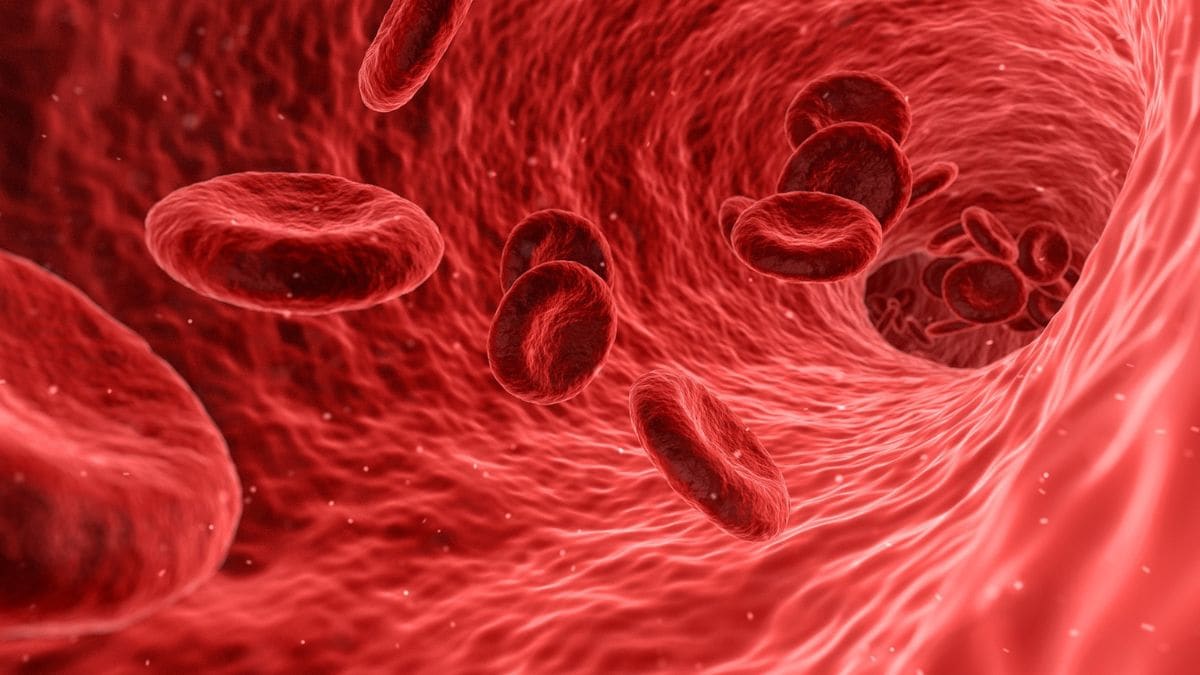
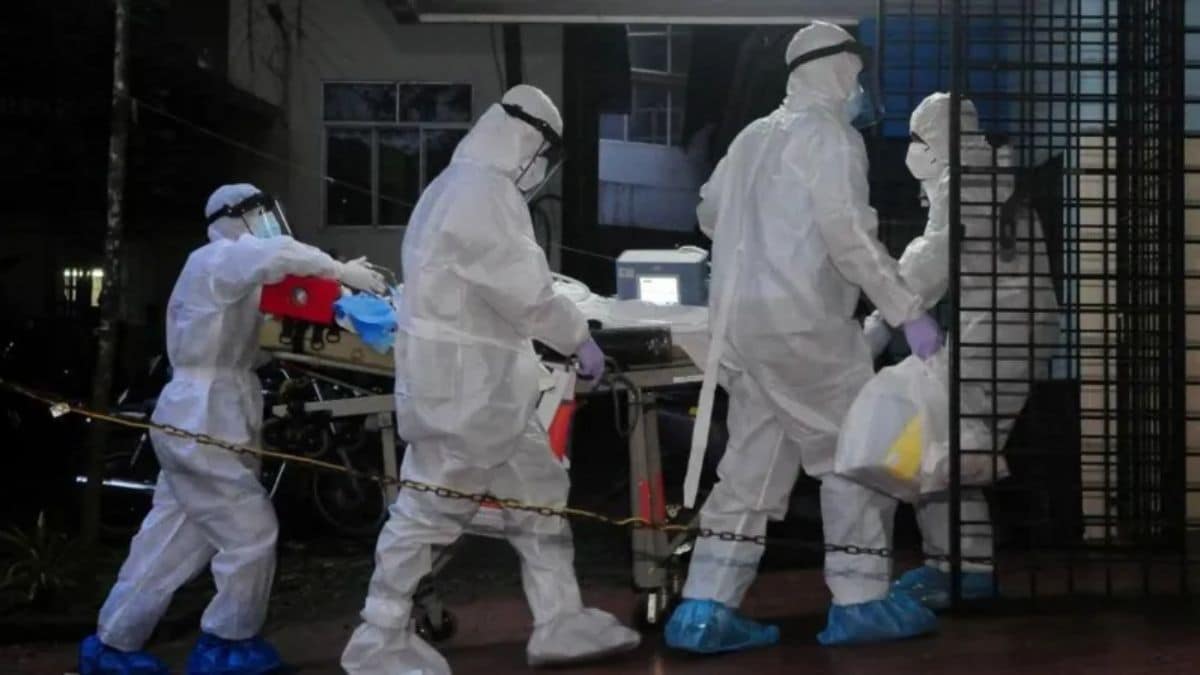
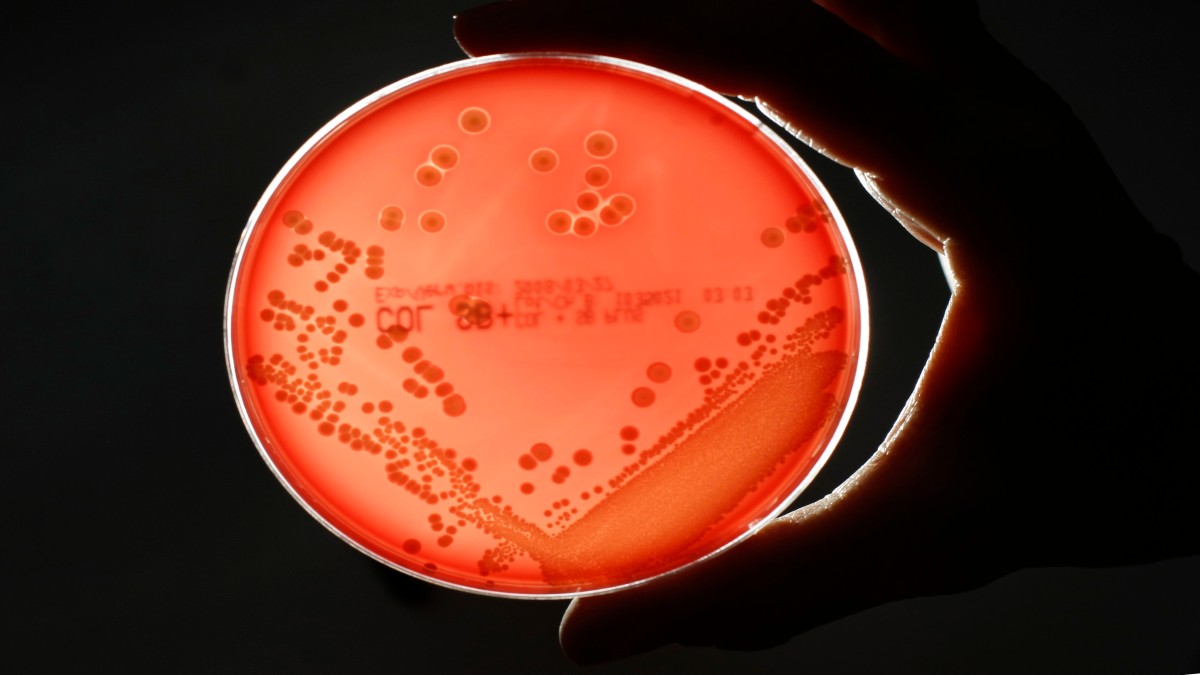
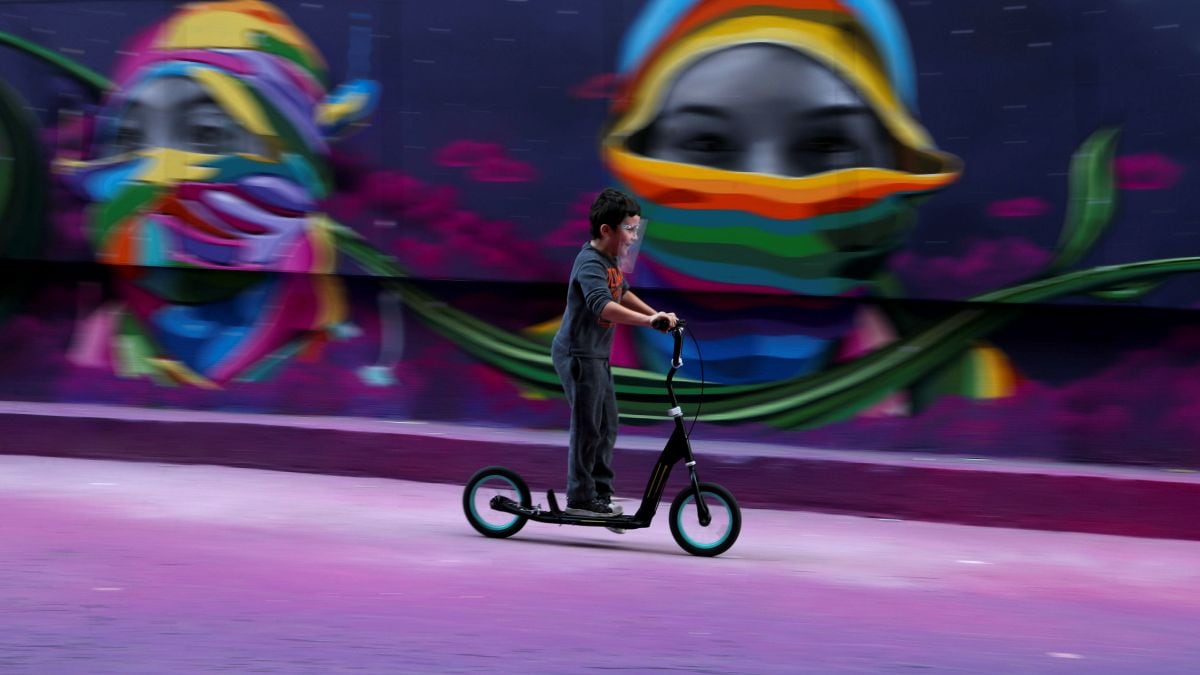


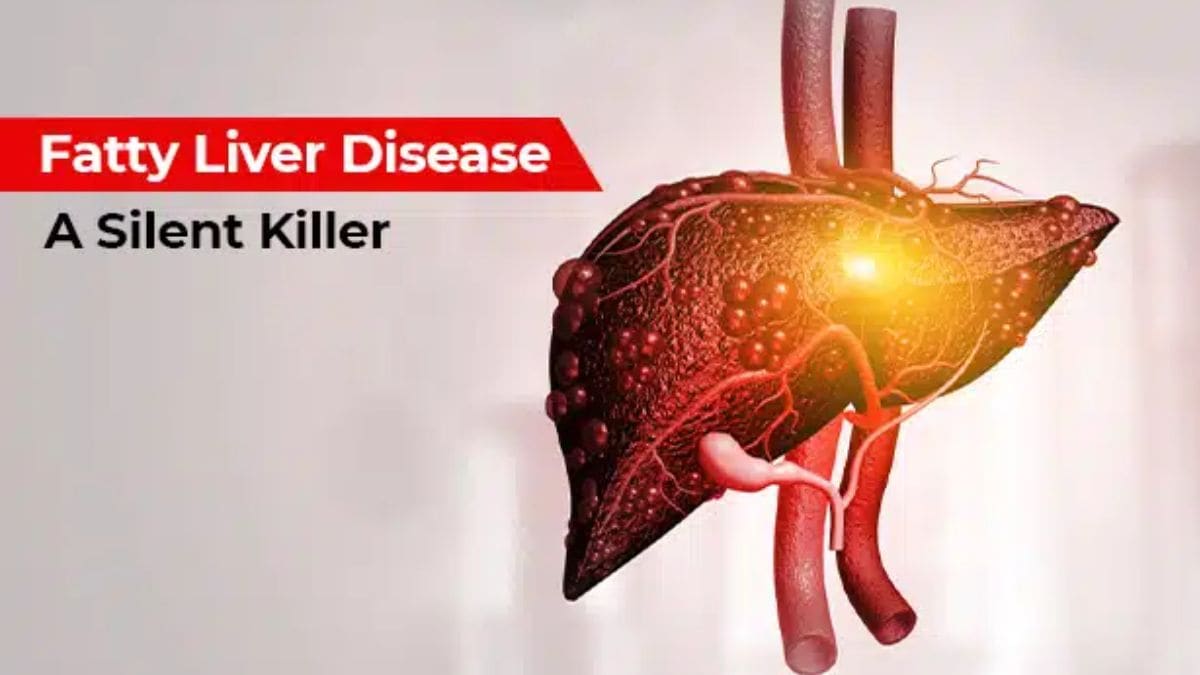
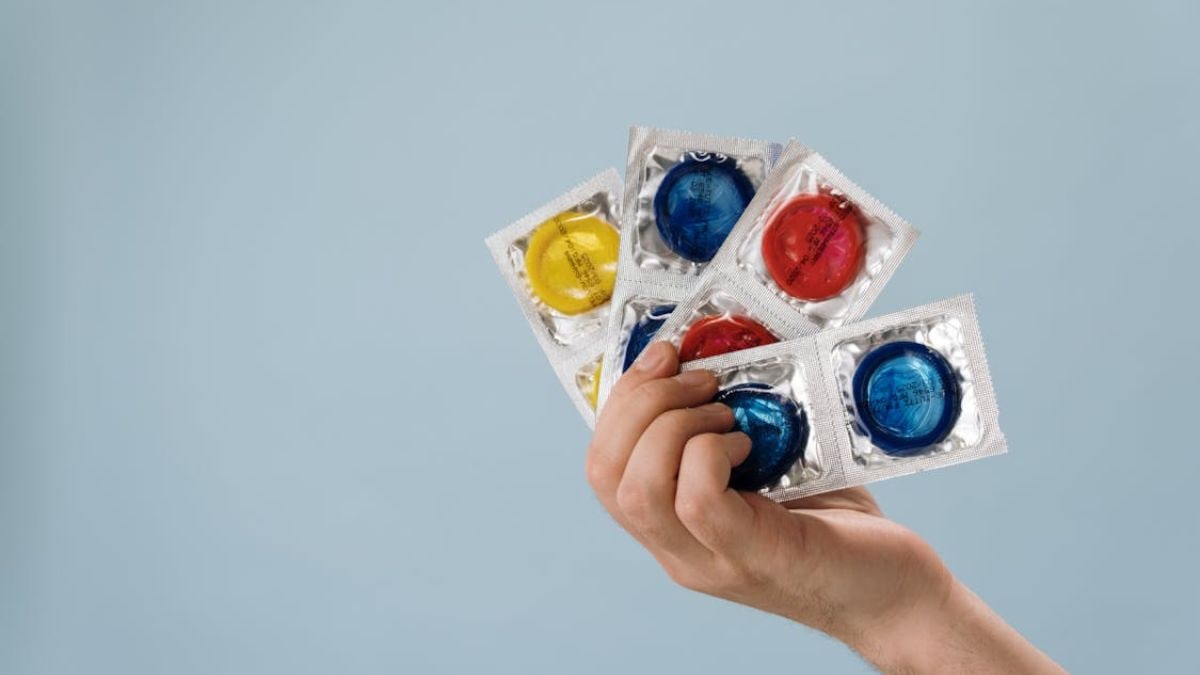
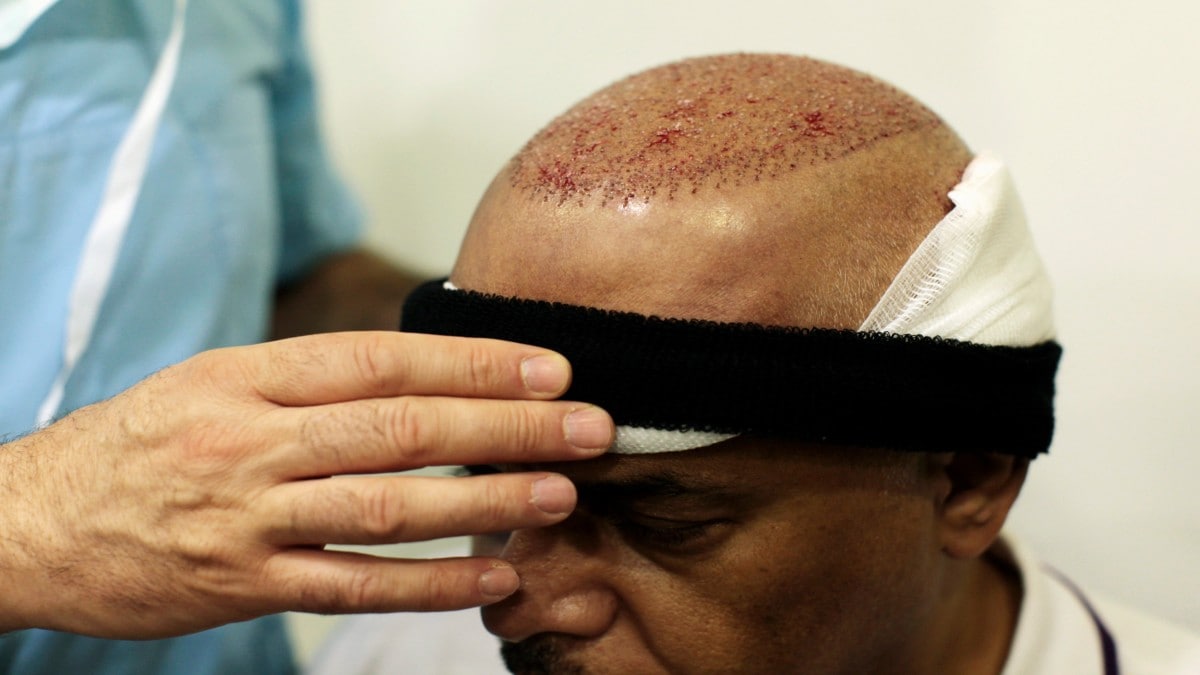

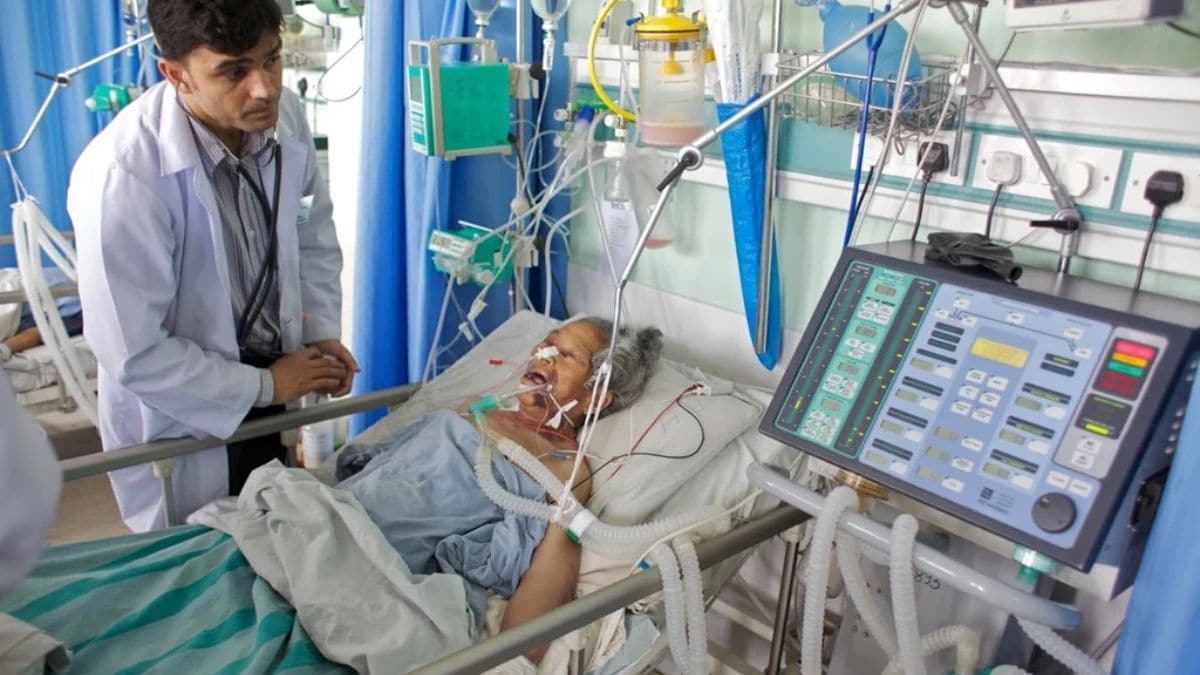
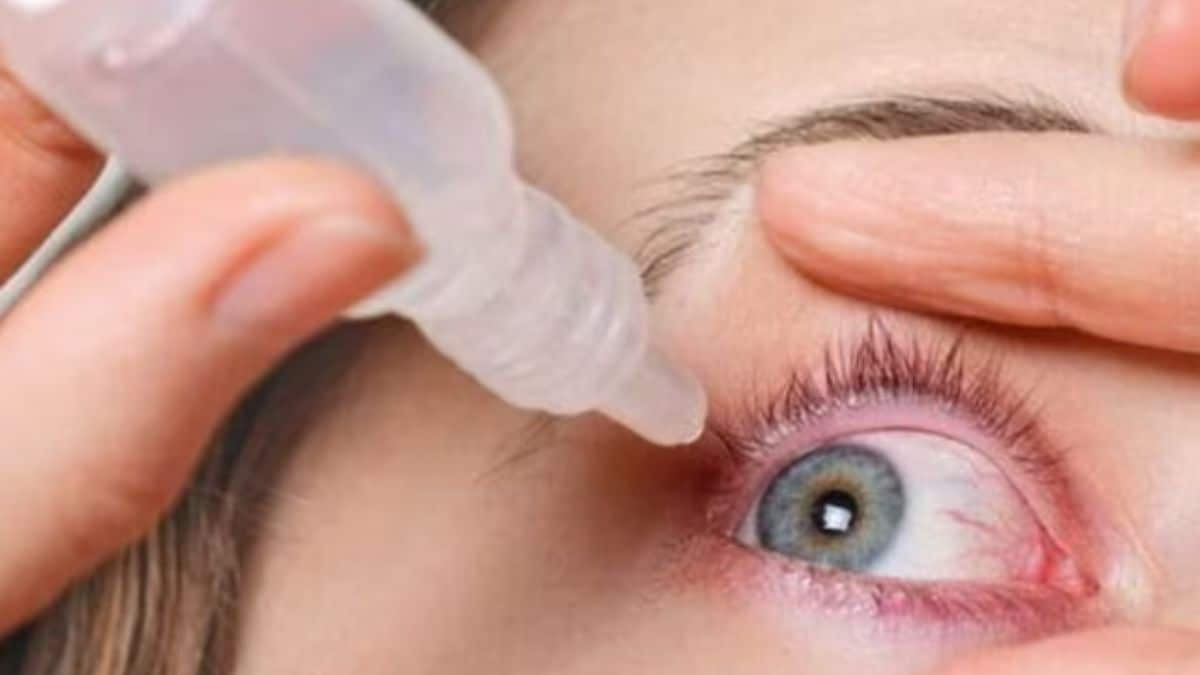

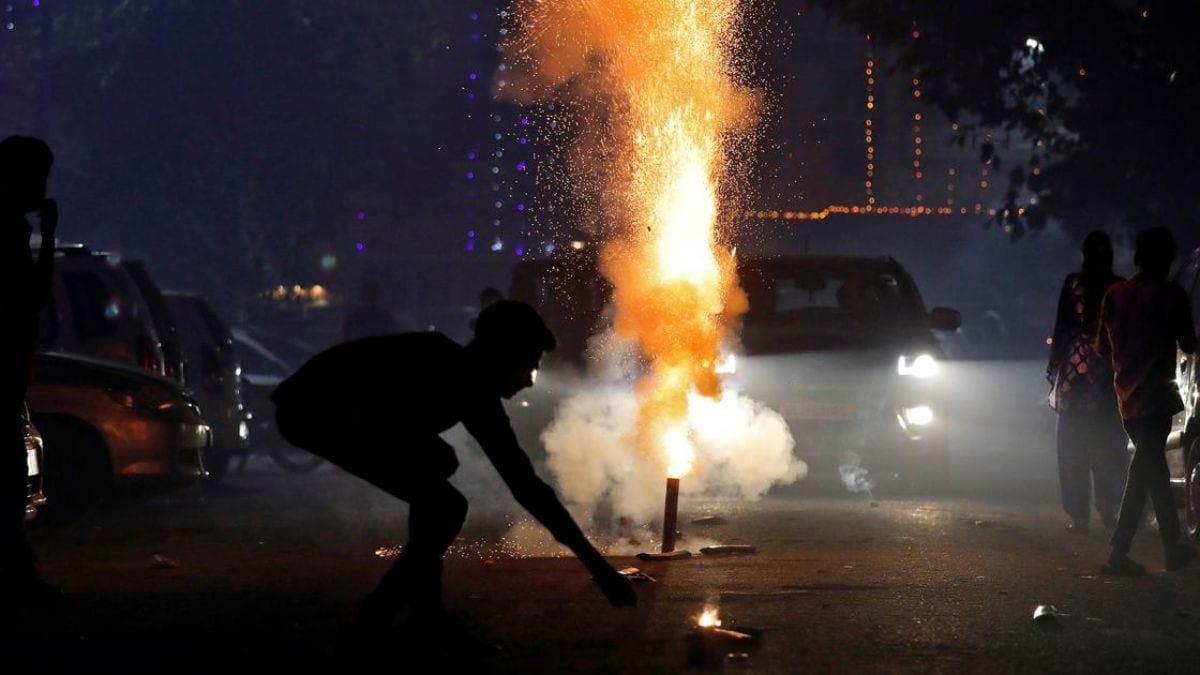
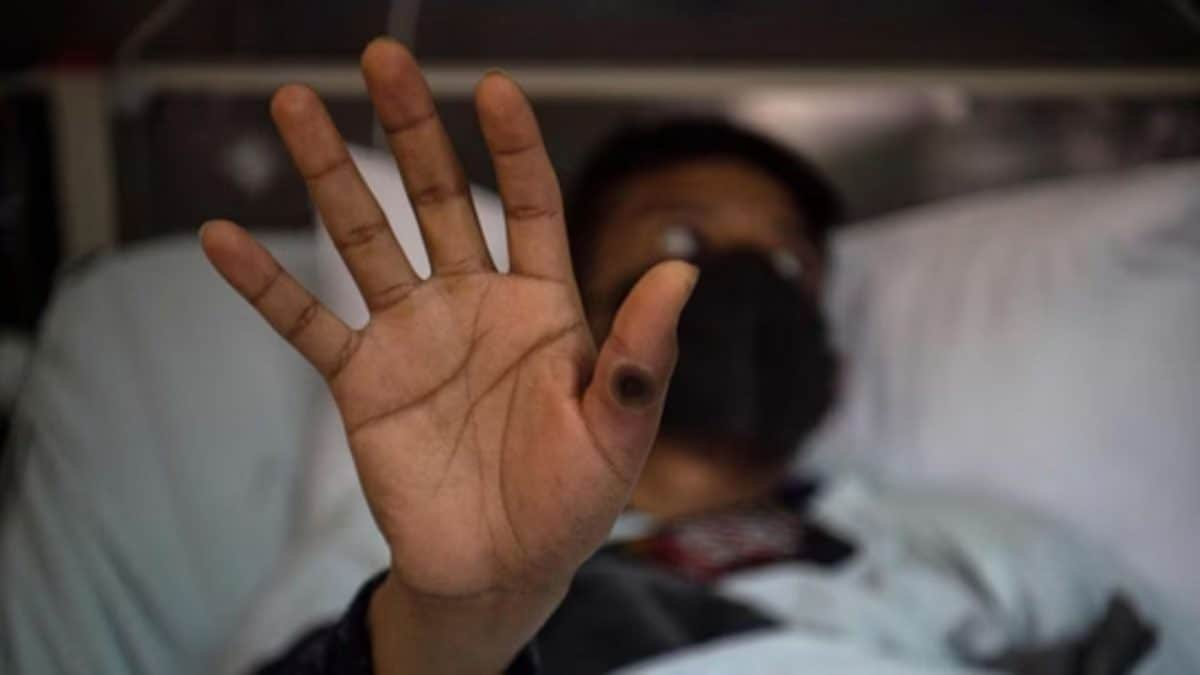
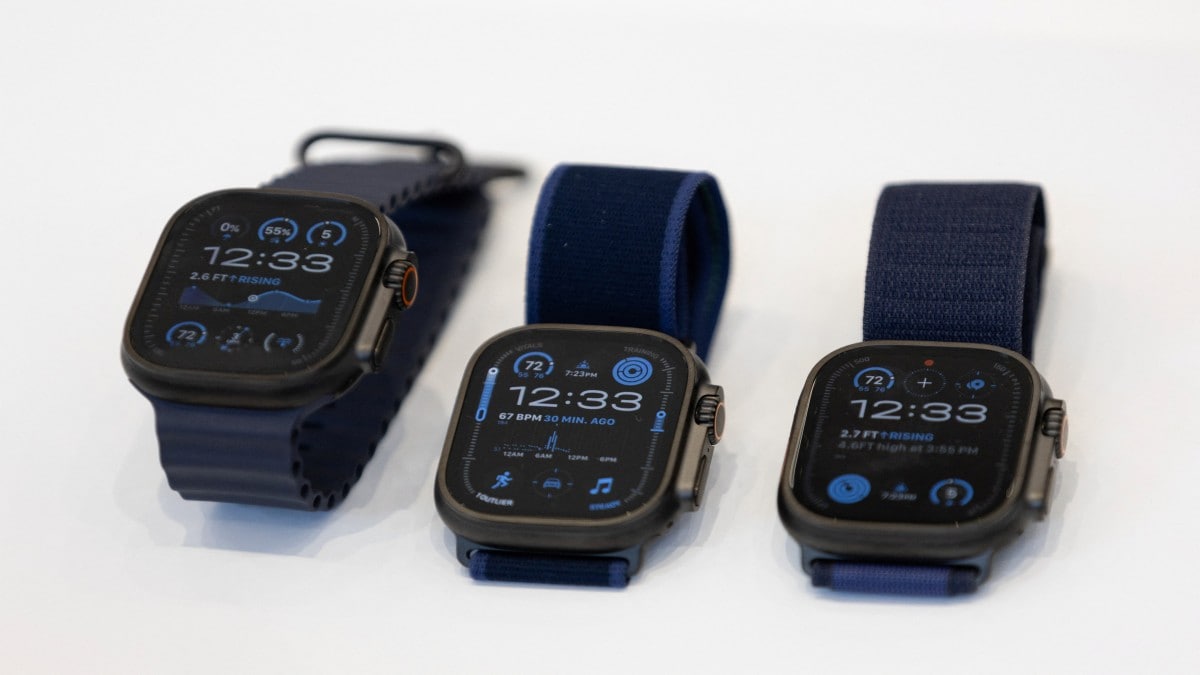

)
)
)
)
)
)
)
 English (US) ·
English (US) ·